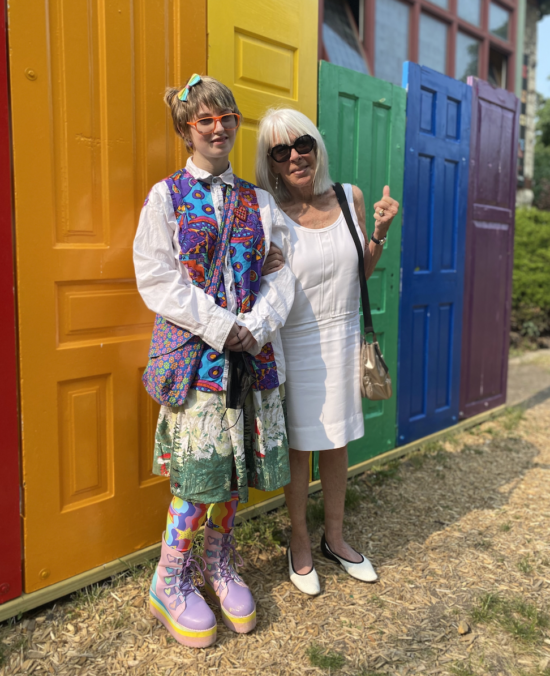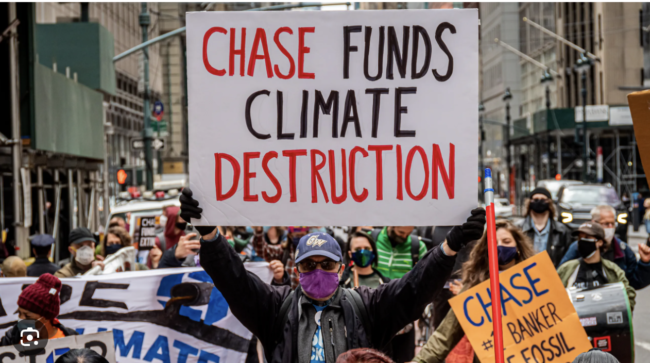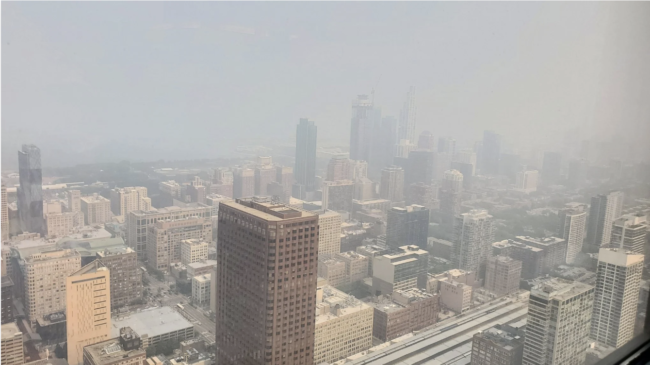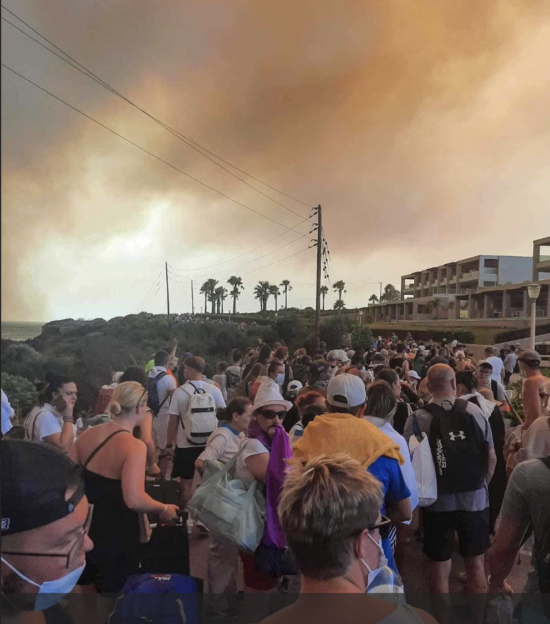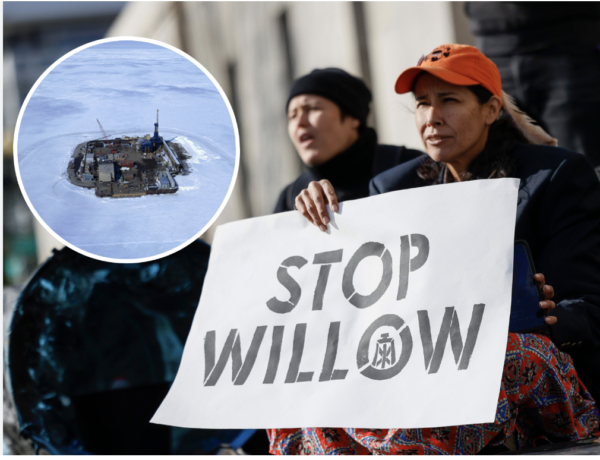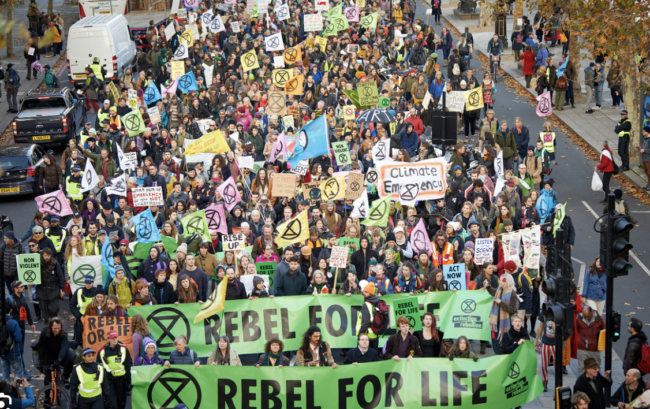At a recent wedding reception, I found myself in conversation with a woman marine biologist with a sad face. When she shared her concerns about the warming oceans and her despair over the failed response of government leaders to address our diminishing sea life, I attributed her sadness to that shared by climate scientists who keep telling us time is running out before we all perish.
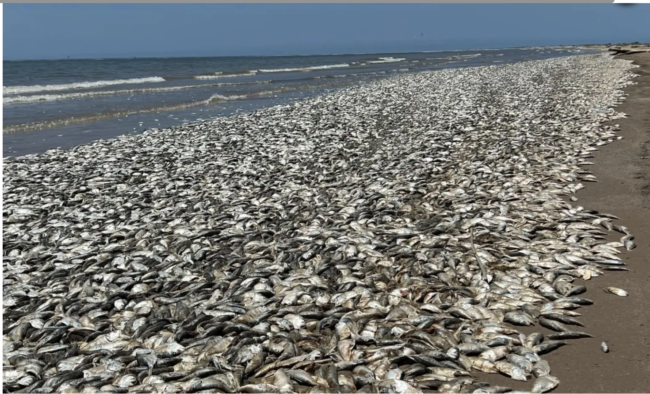
Dead fish that washed up on a Texas beach because the water was too warm for them to survive (The New York Post)
I have friends who proudly announce that they drive electric cars and eat grass-fed beef. Other friends refuse to fly to help reduce the carbon footprint.
My 19-year-old granddaughter announced she will not have children because global warming puts their future at risk.
My brother announced, since swearing off plastic, he has to be ingenious in lining his garbage cans.
Elders for Climate Justice stage protests against big banks, like Chase, that fund fossil fuel projects.
I stopped eating beef over a decade ago.
Numerous friends are installing heat pumps in their homes.
Family members in the Chicago area bought air filters after experiencing record-high air pollution from the Canadian wildfires.
Abby Martin has released previews of her new documentary, “Earth’s Greatest Enemy,” detailing how the US Military is the world’s number one polluter as the signal largest consumer of fossil fuels. Yet arms manufacturers continue to increase production, and pollution as a consequence.
This past weekend 19,000 tourists and residents were forced to flee the Greek island of Rhodes to escape raging wildfires.
Another brother who lives in the progressive city of Asheville, North Carolina, related that the city released an ambitious plan for Asheville’s future without a single reference to preparing for the impact of global warming.
In my state of Maine, I’ve encountered complacency among folks acting like we’re secure since we have relatively low air pollution and have been spared catastrophic weather.
Third party Presidential candidates Robert Kennedy, Jr., and Cornell West promise to address global warming, yet, so far, their positions remain vague.
Biden is accelerating global warming by approving the Willow Project, an oil drilling enterprise in Alaska that will release record levels of carbon, producing deadly toxins that will be devastating for the Nuiqsut residents, destroying the land that they depend on for hunting, fishing, and harvesting.
Climate scientists are using the word, “scary” to describe the rapidity with which global warming has outpaced their predictions, such as the floods in Pakistan and west Africa, the droughts and heatwaves in Europe and east Africa, and the rampant ice melt at the poles.
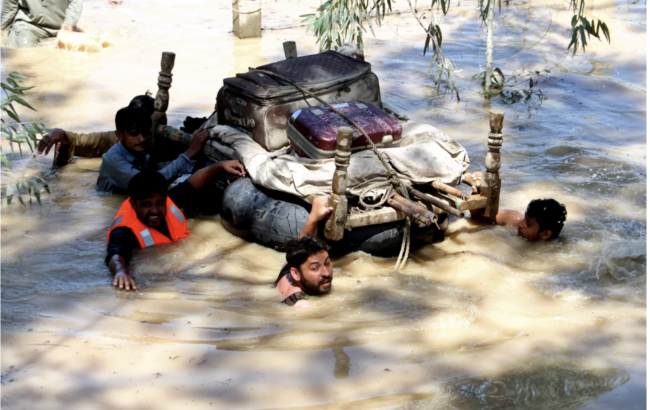
Displaced people float belongings salvaged from flood-hit homes on the outskirts of Peshawar, Pakistan, 2022 (NPR)
Visionary climate scientists insist on a broader agenda than reducing carbon emissions from fuel. They point to contributing factors, like beef consumption, flying, deforestation, and the failure to protect wildlife.
Texas’s sadistic governor Greg Abbott just signed a bill to eliminate 10-minute water breaks every four hours for construction workers, signaling that the climate crisis has a class dimension, where low income citizens are sacrificed.
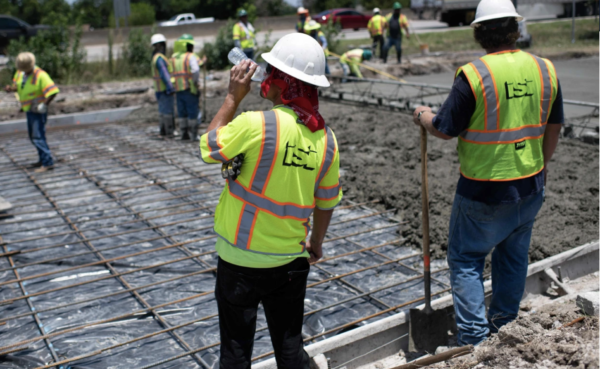
Construction workers in Houston taking a water break, restricted through Gov. Abbott’s new law (NBC News)
Attempting to explain why Americans aren’t more concerned about global warming, social psychologist, Brian Lickel, told the Guardian, it’s because it’s become the new normal. The article cites a Yale study of 200 Americans who reported that they rarely or never discuss the climate crisis with family and friends because “it’s too scary.”
As I try to assimilate all the differing responses to global warming, my anger mounts. Why hasn’t Biden declared a climate emergency? Don’t he and Jill ever discuss the uncertain future their grandchildren face?
Why do my concerned friends and family (me included) think tepid responses are enough?
Why aren’t more Americans becoming climate activists like those in the global group, Extinction Rebellion, who use bold measures like blocking traffic with their bodies to call attention to their cause.
I’m in my eighth decade, too old to start a popular movement, but not too old to take to the streets. How else can we wake up our fossil fuel addicted leaders and fellow citizens? Everything becomes less scary when we join together to advance plans for a livable future, as opposed to living in denial. But time is not on our side . . .
